In the sweltering heat of the Caribbean, a new war on terror has unfolded, one that threatens to redefine the very meaning of terrorism itself. The United States has designated Venezuela's Cartel de los Soles, a group allegedly led by President Nicolás Maduro, as a Foreign Terrorist Organization (FTO), a move that has sparked both outrage and confusion among international observers.
Behind this dramatic escalation lies a complex web of politics, power struggles, and shifting definitions of terrorism. To understand the implications of this move, it's essential to delve into the history of the war on terror and how it has evolved over the years.
The war on terror, launched in the aftermath of the 9/11 attacks, was initially focused on combating al-Qaeda and its affiliates. However, as the years went by, the definition of terrorism began to expand, incorporating groups that were previously considered legitimate actors in their respective conflicts. The US government has designated various organizations, including some with ties to governments, as terrorist entities, often citing their involvement in narcotics trafficking or other illicit activities.
In the case of Venezuela, the US has been increasingly critical of Maduro's government, accusing it of human rights abuses, corruption, and authoritarianism. The designation of Cartel de los Soles as an FTO is seen by many as a deliberate attempt to delegitimize Maduro's regime and pave the way for a more direct intervention.
But what does this mean for the global understanding of terrorism? "The problem with the US approach is that it creates a slippery slope," says Dr. Maria McFarland Sánchez-Moreno, a human rights expert and former executive director of the Drug Policy Alliance. "When you start labeling groups as terrorist organizations, you're essentially giving the government a blank check to take whatever action they deem necessary, without due process or accountability."
The implications of this move are far-reaching, with many experts warning of a potential escalation of violence in the region. "The US is essentially declaring war on Venezuela," says Dr. Steve Ellner, a Venezuela expert at the Universidad de Oriente. "This designation will only serve to further destabilize the country and create more opportunities for extremist groups to exploit the situation."
As the situation in Venezuela continues to deteriorate, the international community is left to grapple with the consequences of this new definition of terrorism. Will this move be seen as a bold attempt to bring Maduro's regime to justice, or will it be viewed as a reckless escalation of a conflict that has already claimed countless lives?
One thing is certain: the war on terror has entered a new and uncertain phase, one that threatens to upend the very fabric of international relations. As the world watches with bated breath, one question remains: what does it mean to be a terrorist in the 21st century?
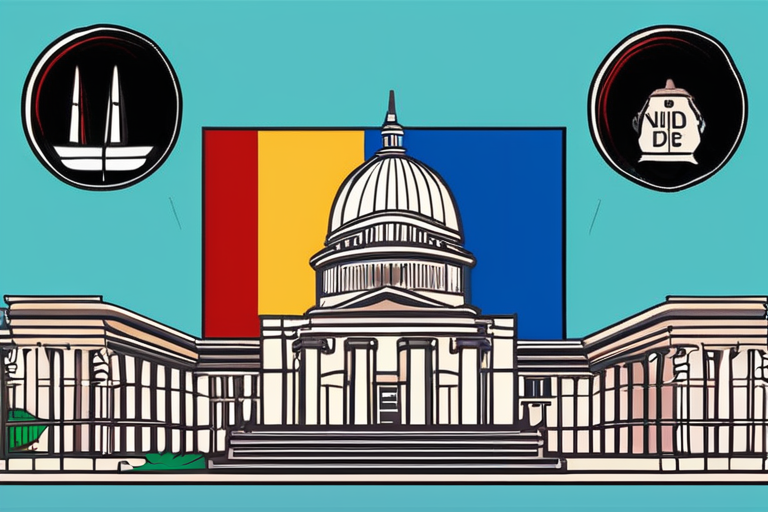


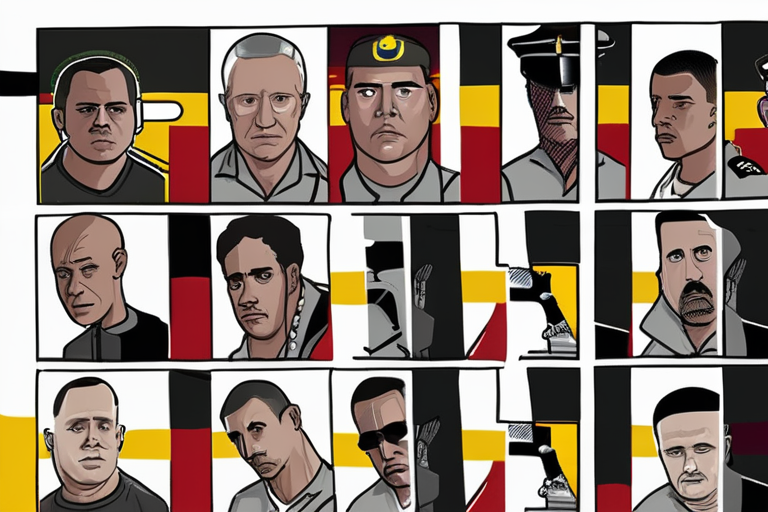
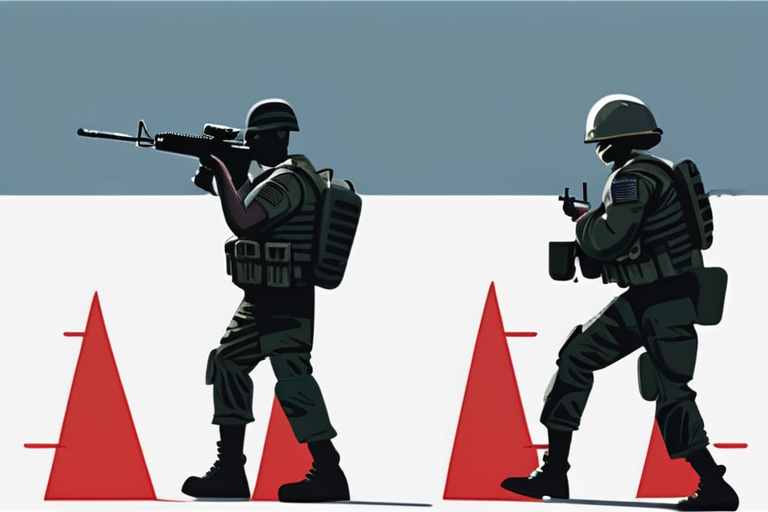
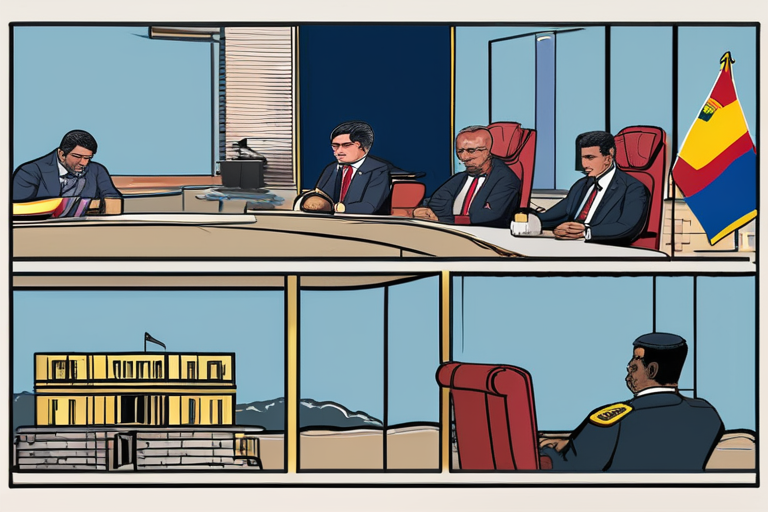
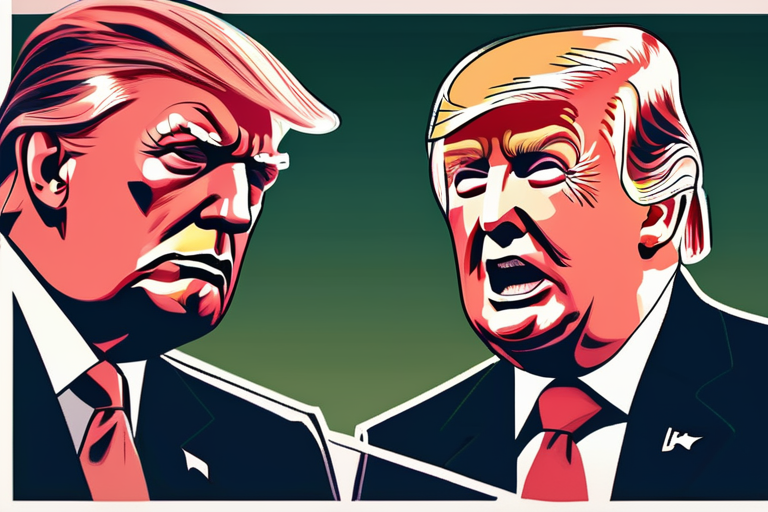
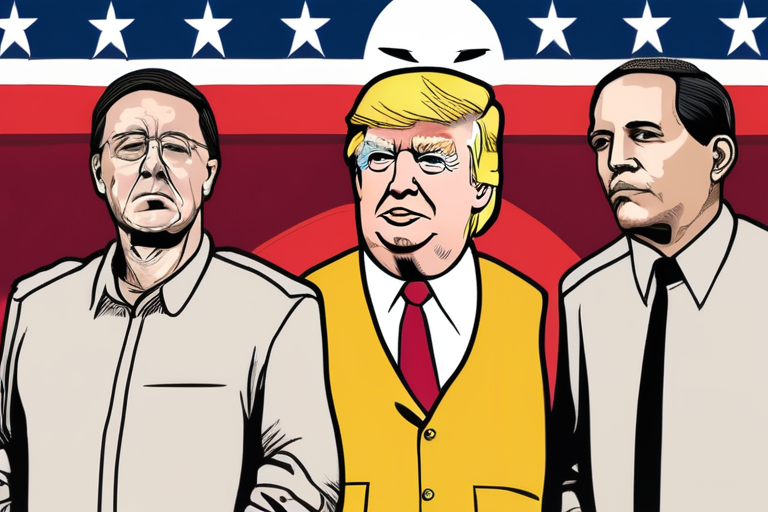
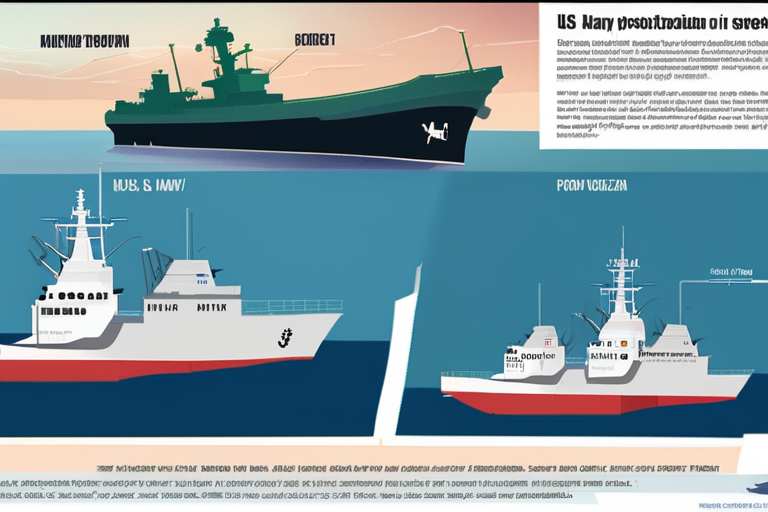
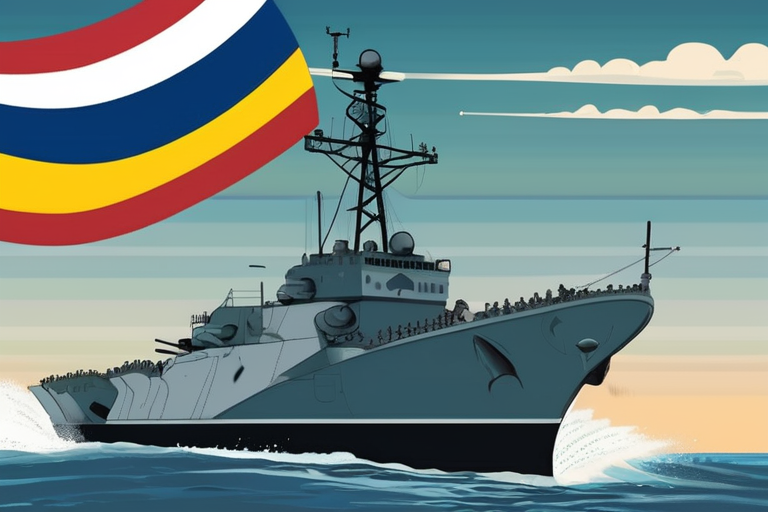

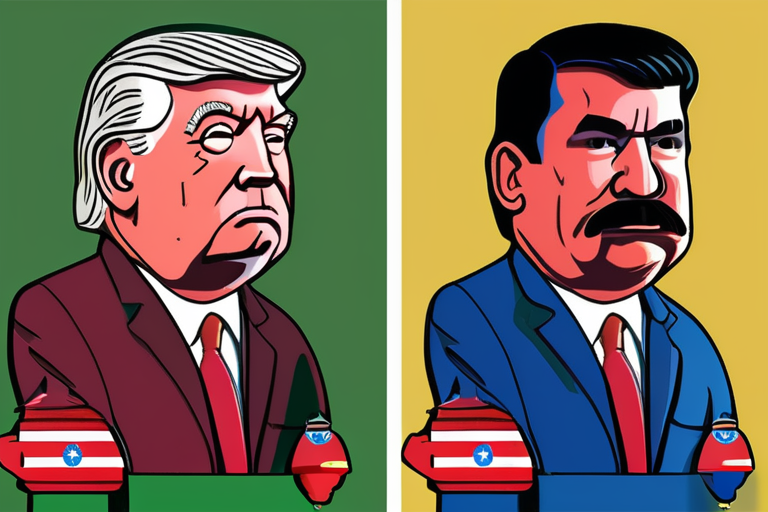

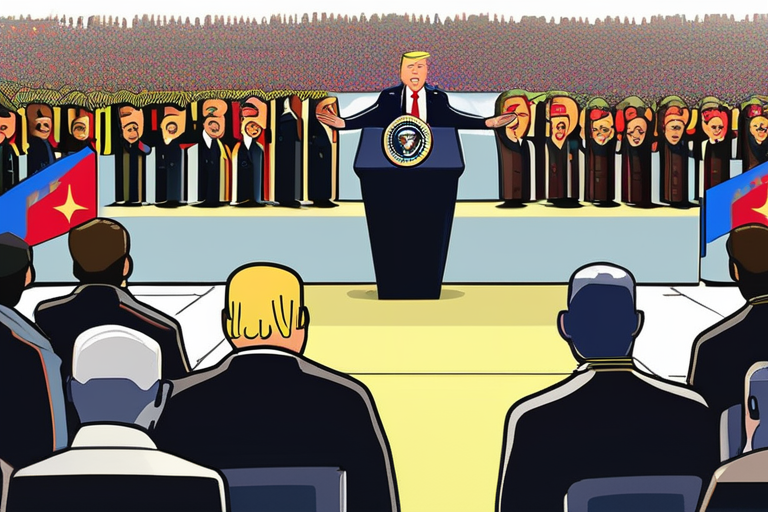
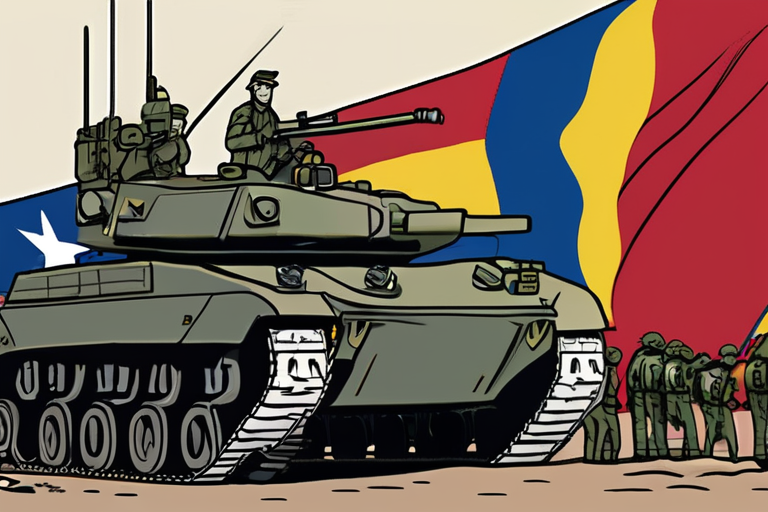
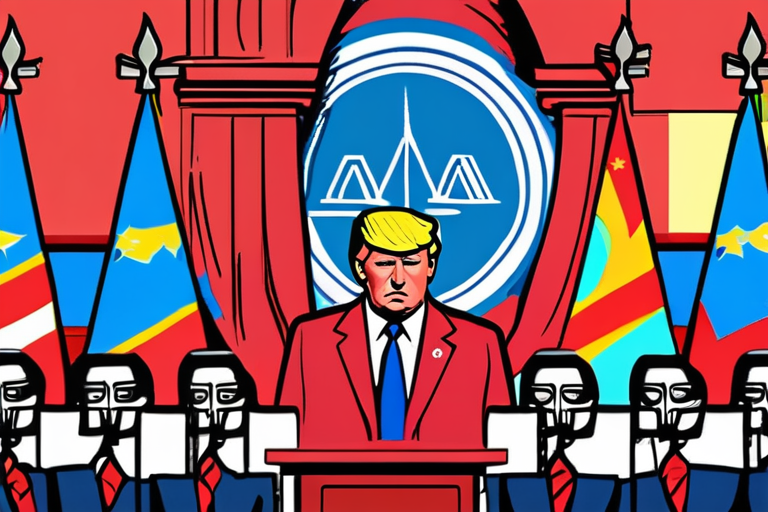
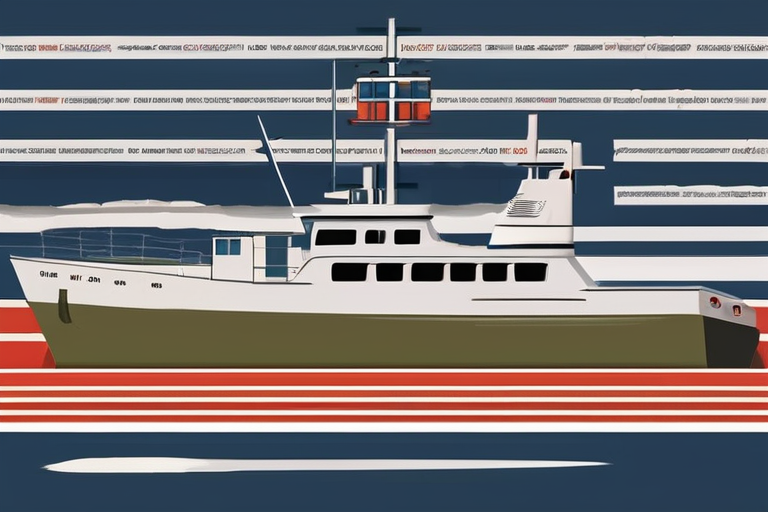

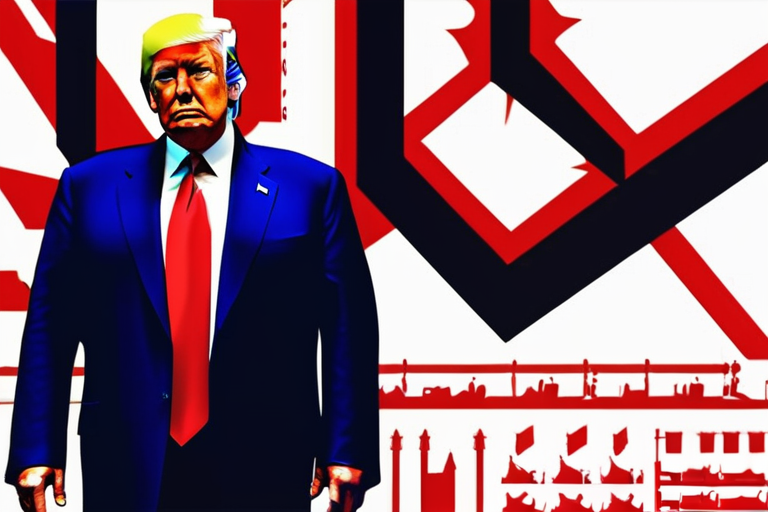
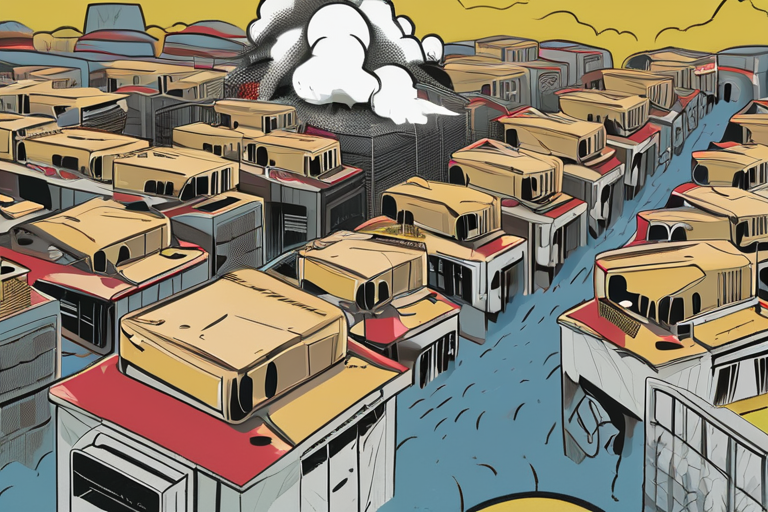
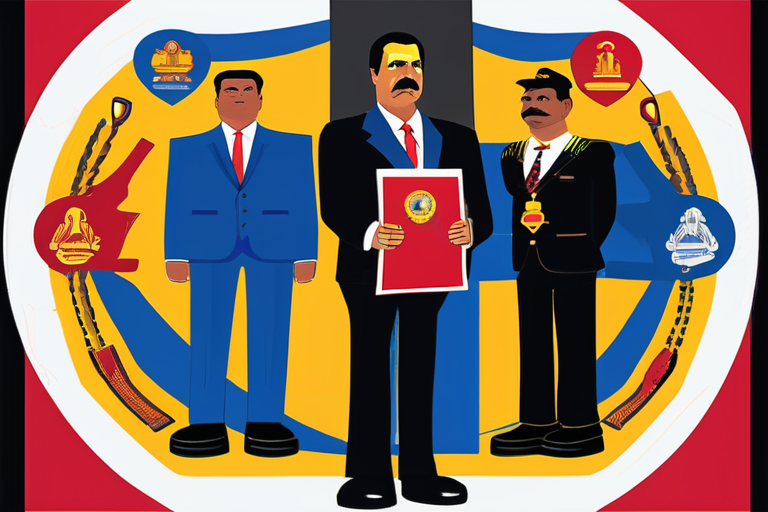
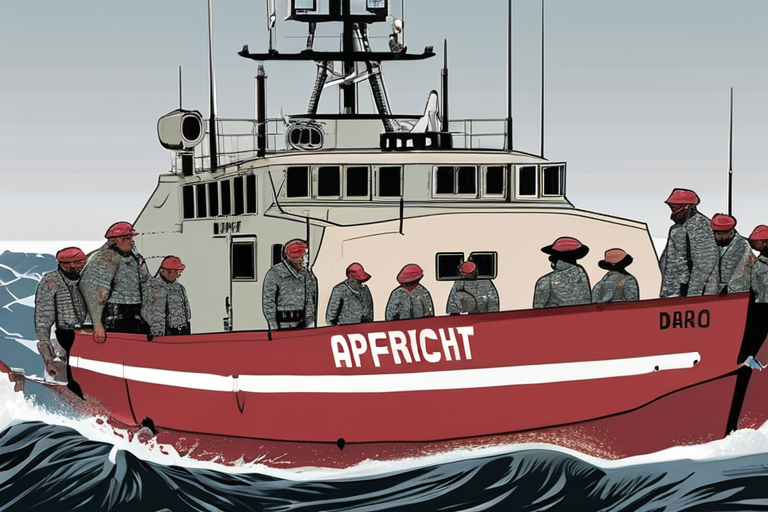
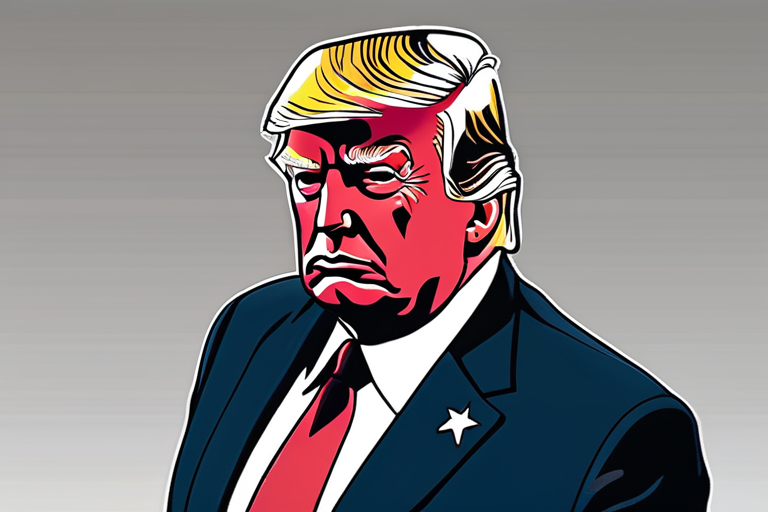
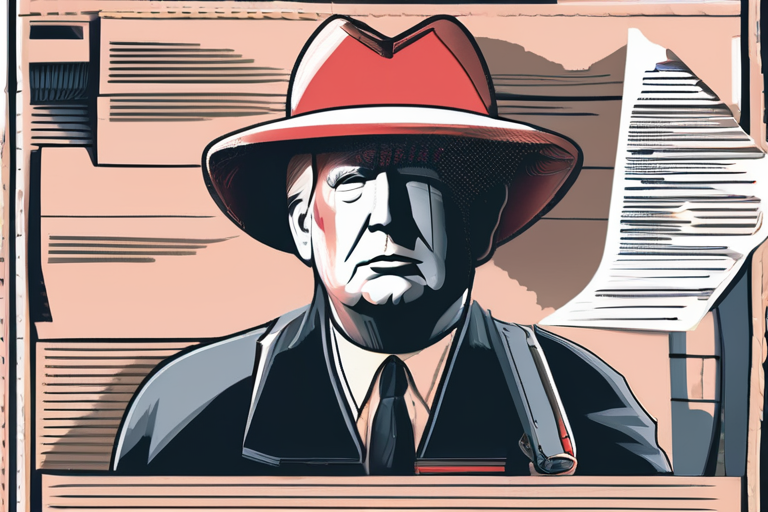
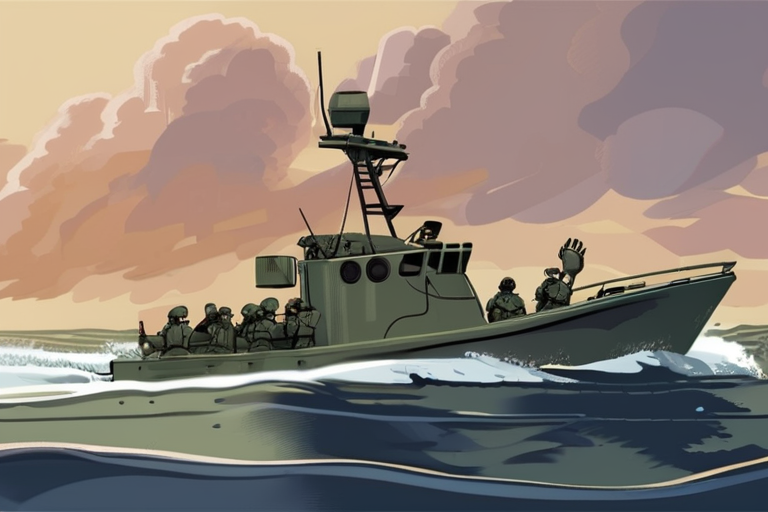
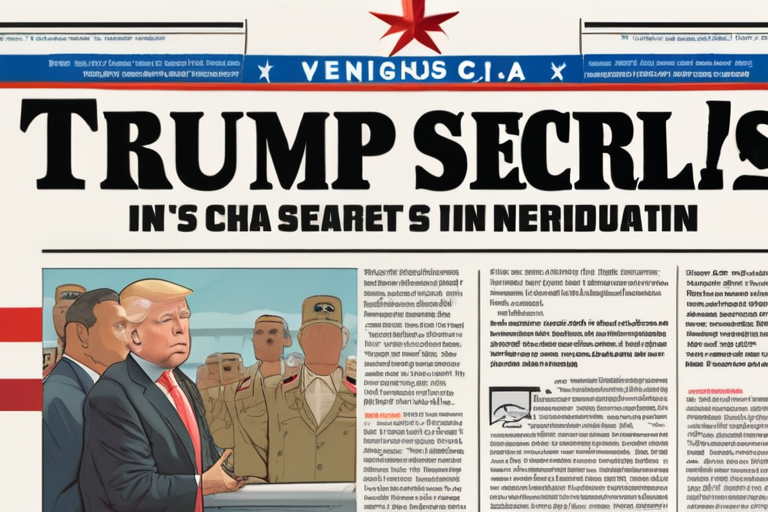
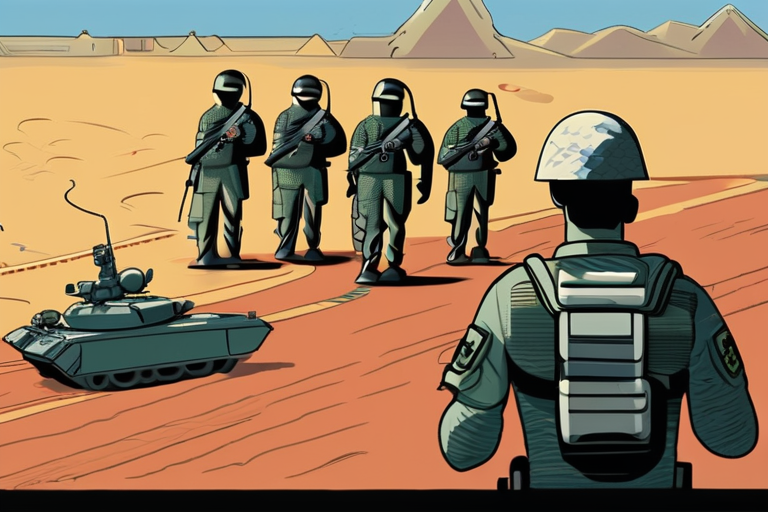
Share & Engage Share
Share this article